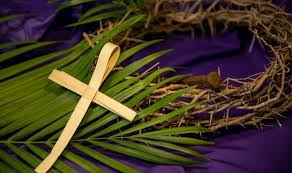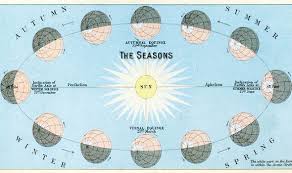
Palm Sunday is a significant event in the Christian liturgical calendar, marking the start of Holy Week and commemorating the triumphal entry of Jesus into Jerusalem, just days before his crucifixion. The day is celebrated by Christians around the world, usually a week before Easter Sunday.
Origins and Significance:
Biblical Account:
The event is described in all four Gospels (Matthew, Mark, Luke, and John), though with slight variations.
According to the Gospels, as Jesus entered Jerusalem on a donkey, crowds of people greeted him by spreading palm branches and cloaks on the road, shouting, “Hosanna to the Son of David!” (Matthew 21:9).
This was a sign of honor, as spreading branches and cloaks was a way of welcoming a king or leader.
The people’s cry of “Hosanna” means “Save us now,” acknowledging Jesus as the Messiah, the Savior of the people.
The Symbolism of Palm Branches:
The palm branch was a symbol of victory, peace, and eternal life in the ancient world, particularly in Jewish tradition.
In Roman times, the palm was a symbol of military victory, and it was used to honor emperors and victorious generals.
In the context of Palm Sunday, the palms symbolize Jesus’ peaceful kingship as opposed to the military or political might that people might have expected from a Messiah.
Theological Significance:
Palm Sunday represents the fulfillment of Old Testament prophecies, particularly Zechariah 9:9, which foretold the coming of a king who would bring peace, riding on a donkey.
Jesus’ entry into Jerusalem was a deliberate act of fulfilling these prophecies, signaling his identity as the long-awaited Messiah, but also his humility and peaceful mission.
The day marks the beginning of Holy Week, which includes the events leading to Jesus’ passion, death, and resurrection. It serves as a reminder of both Jesus’ kingship and his sacrificial journey toward the cross.

Historical Development:
Palm Sunday has been celebrated since the 4th century. The earliest recorded celebrations of Palm Sunday come from Jerusalem, where Christians would process through the streets of the city to mark the event. Over time, the observance of Palm Sunday spread throughout the Christian world.
Modern Observance:
Church Services: In many Christian denominations, Palm Sunday is marked with special church services, including the blessing and distribution of palm branches. Worshipers may participate in processions, often with the palm branches they receive during the service.
Palm Branches: The palms distributed in churches are often kept by the faithful, either placed in homes or used for personal devotion. Some traditions involve burning the palms after a year to make ash for the following year’s Ash Wednesday.
Passion Readings: Many churches also read the Passion narrative—the account of Jesus’ arrest, trial, crucifixion, and death—on Palm Sunday, highlighting the contrast between the joyous entry into Jerusalem and the suffering that would follow.
In essence, Palm Sunday serves as a powerful reminder of the way Jesus was both celebrated as a King and rejected as a suffering servant, and it sets the tone for the events of Holy Week leading to Easter.




